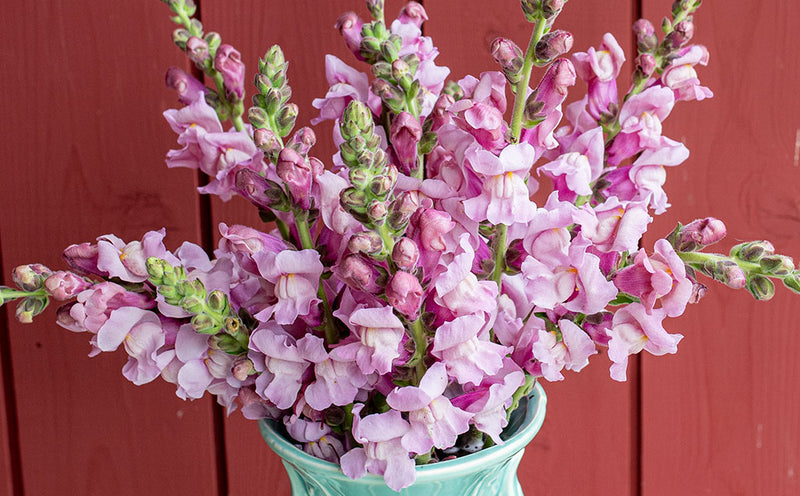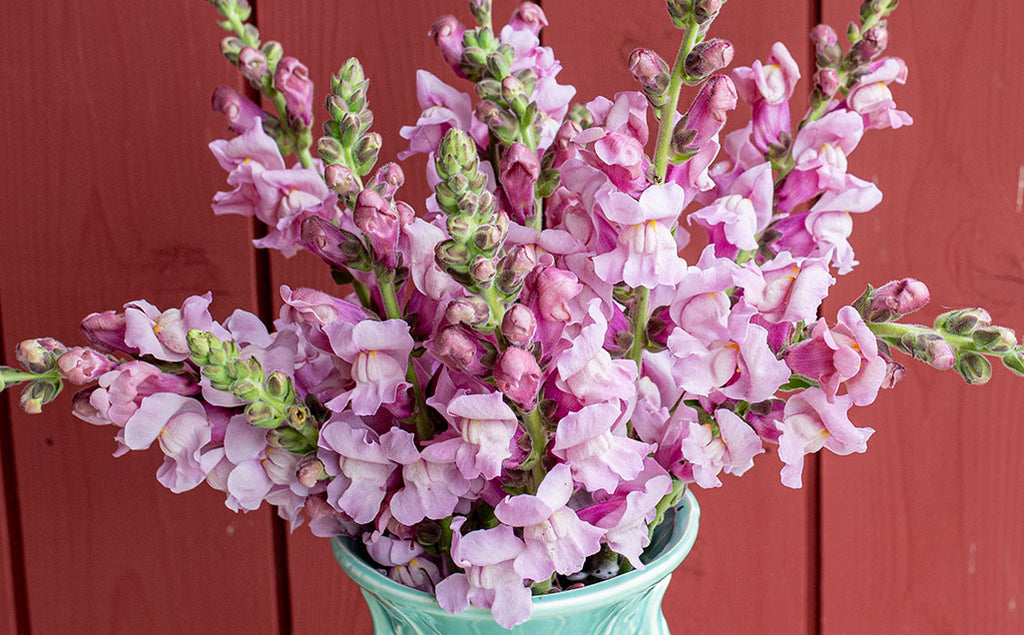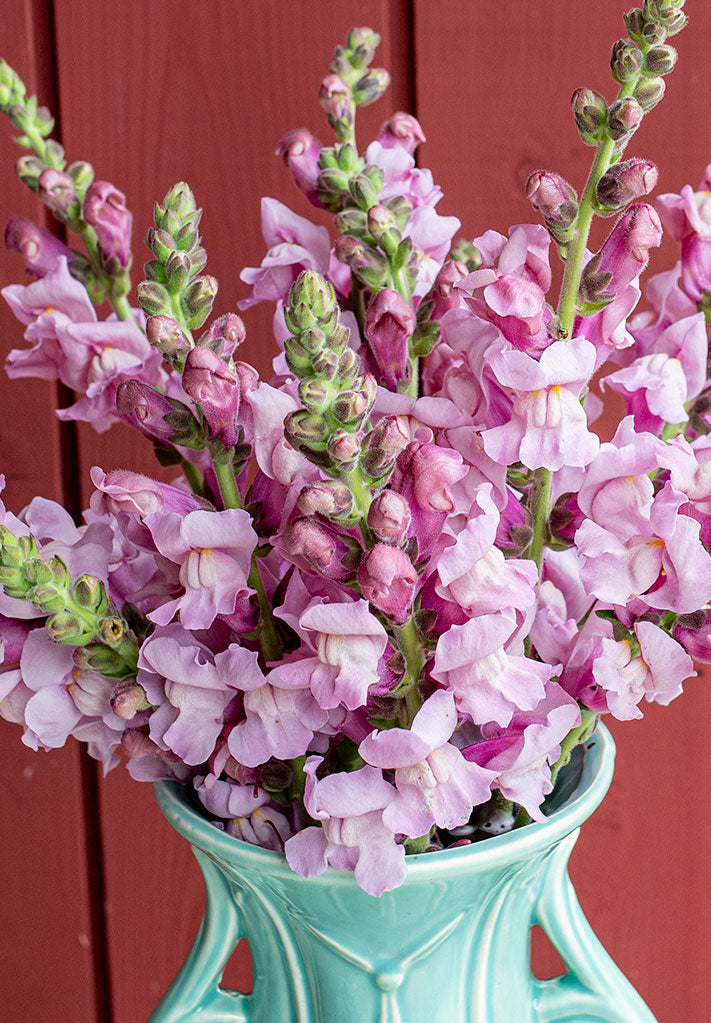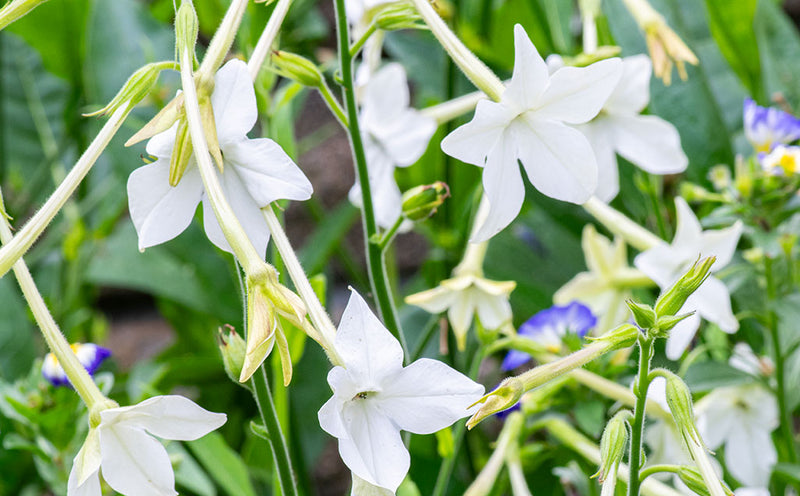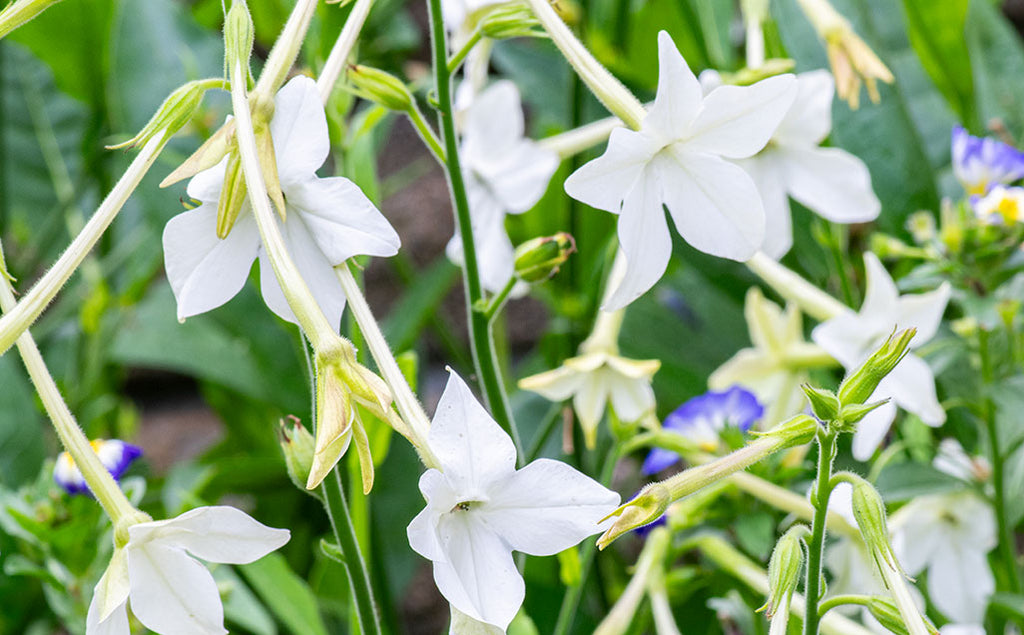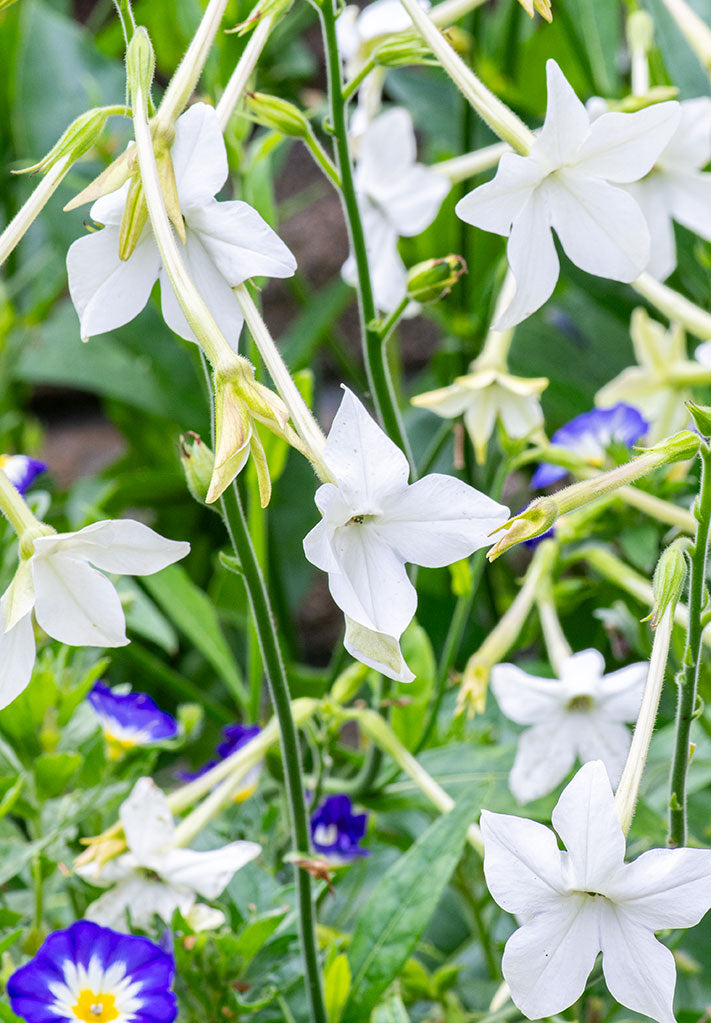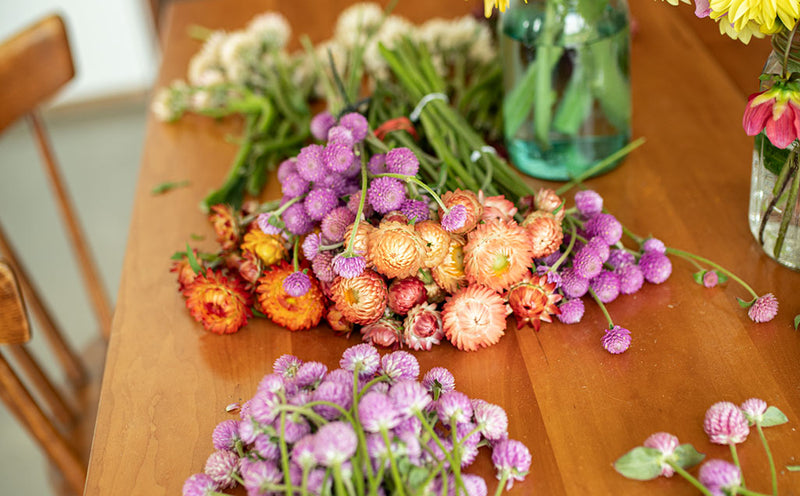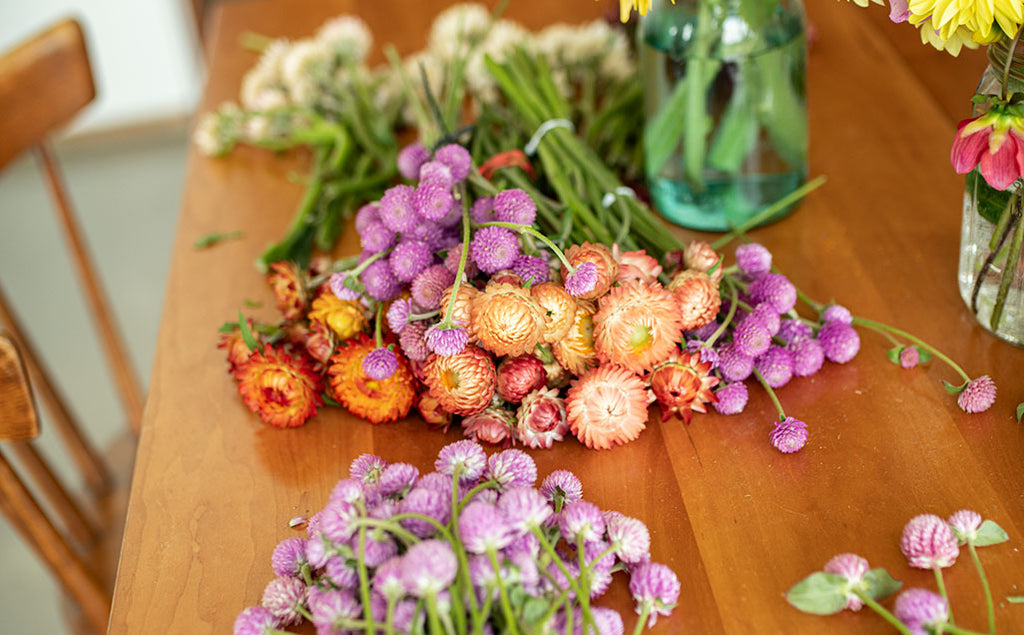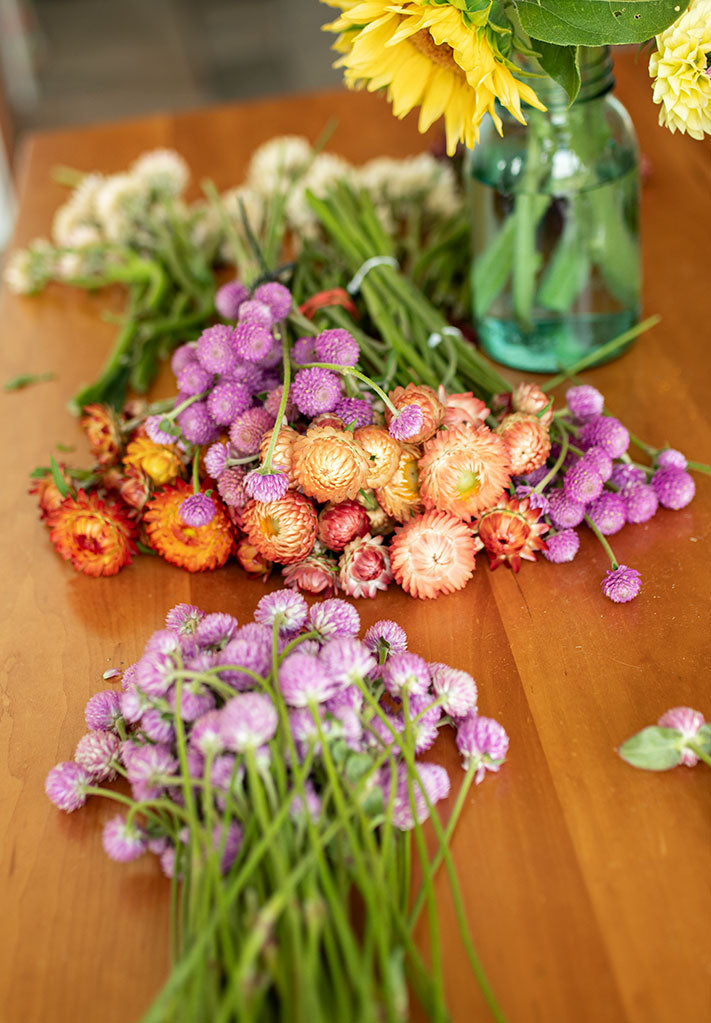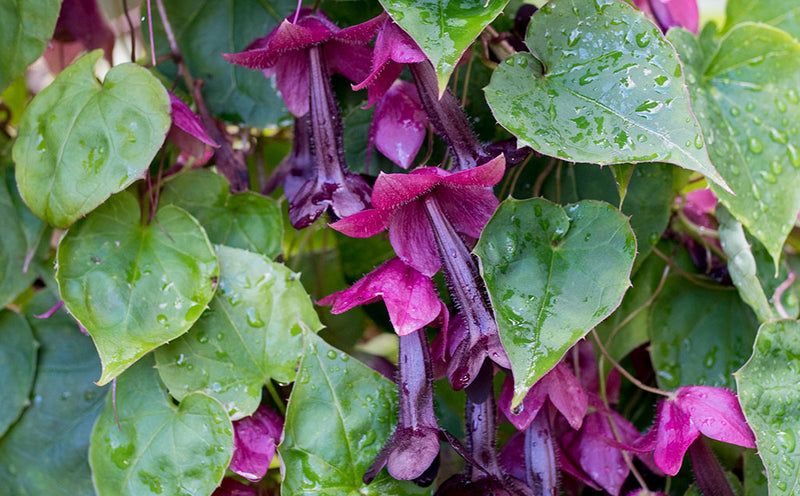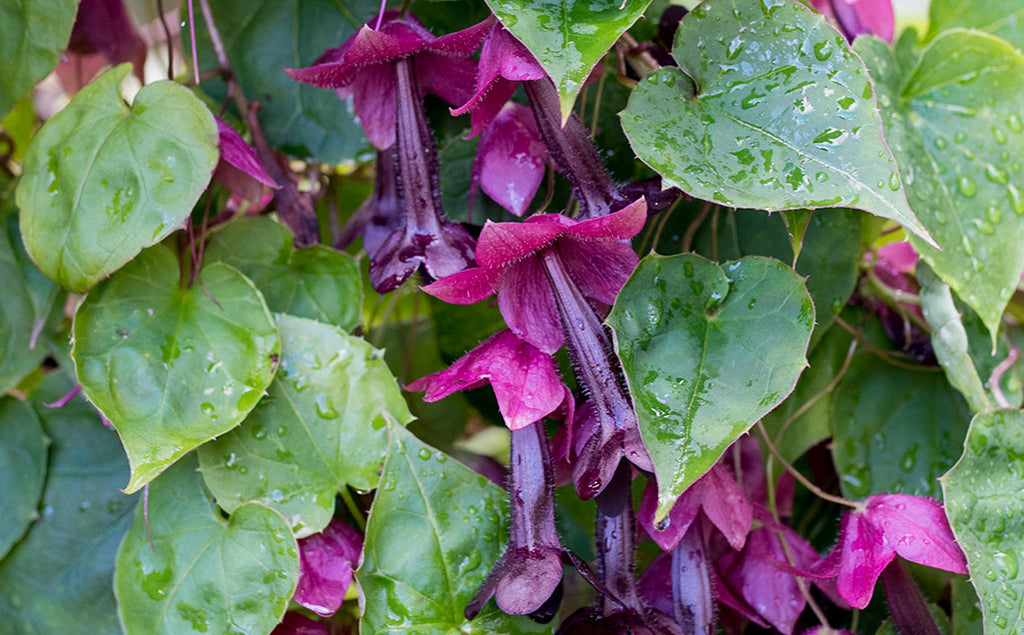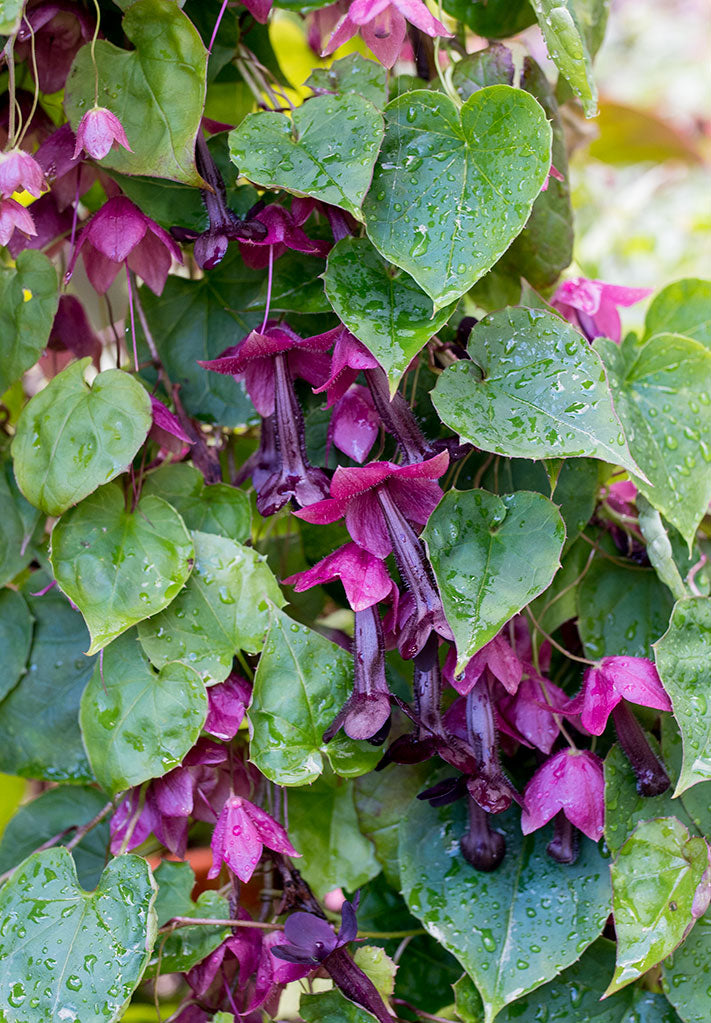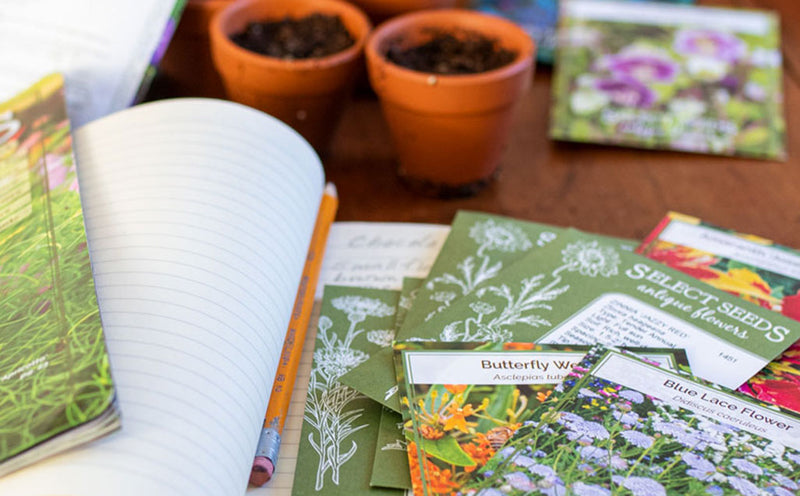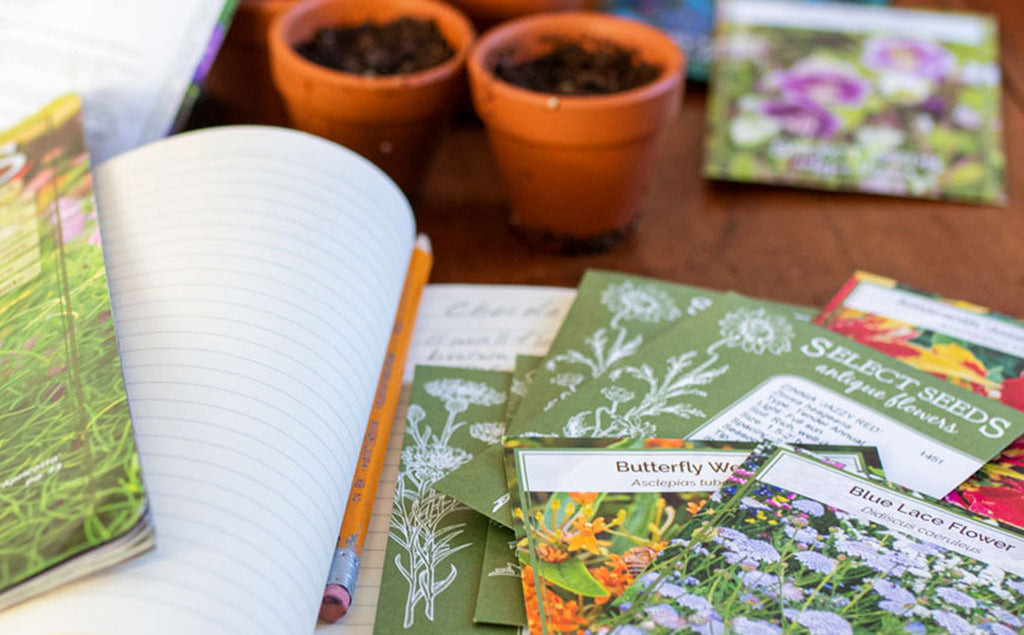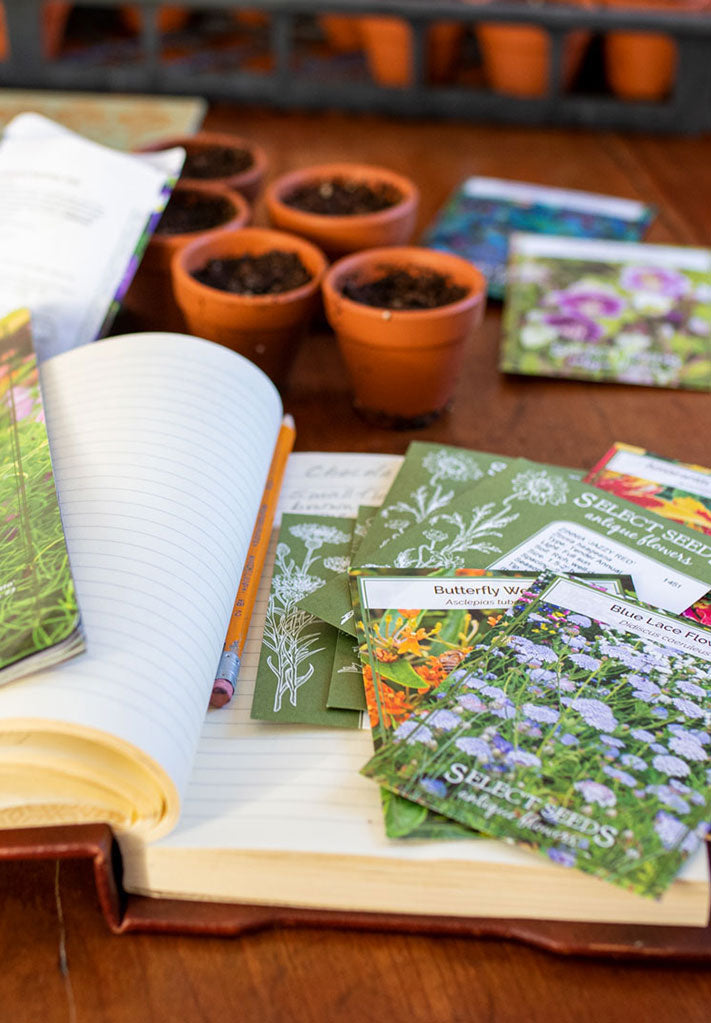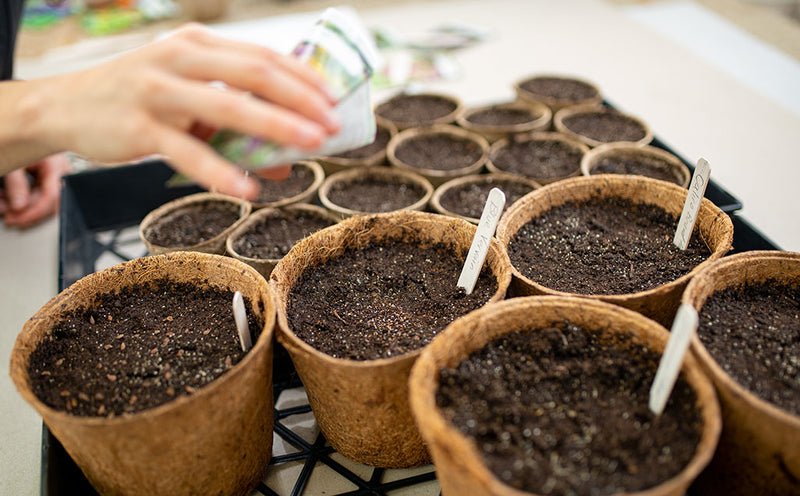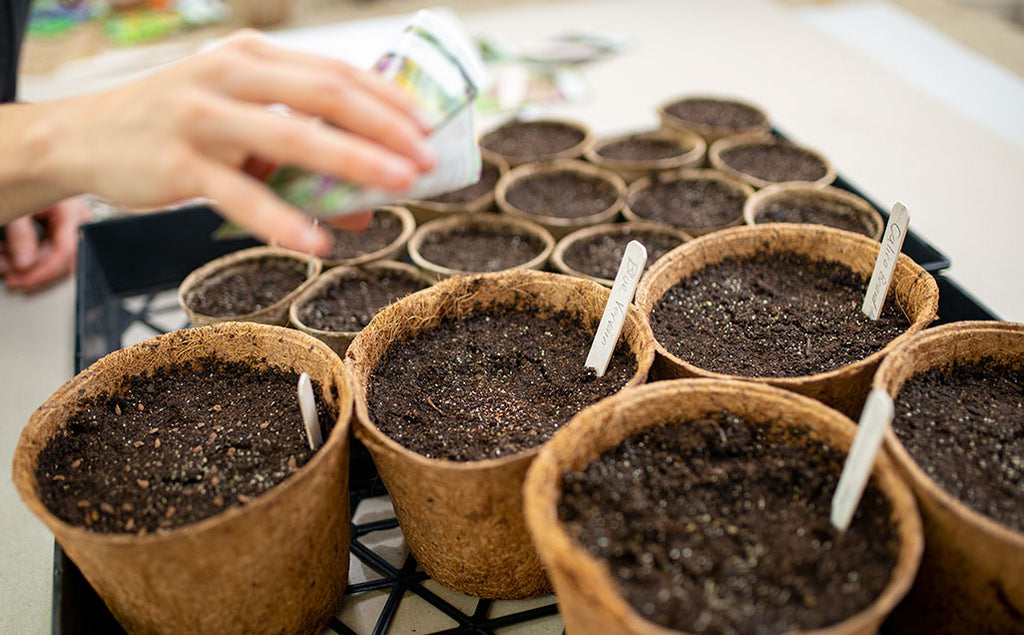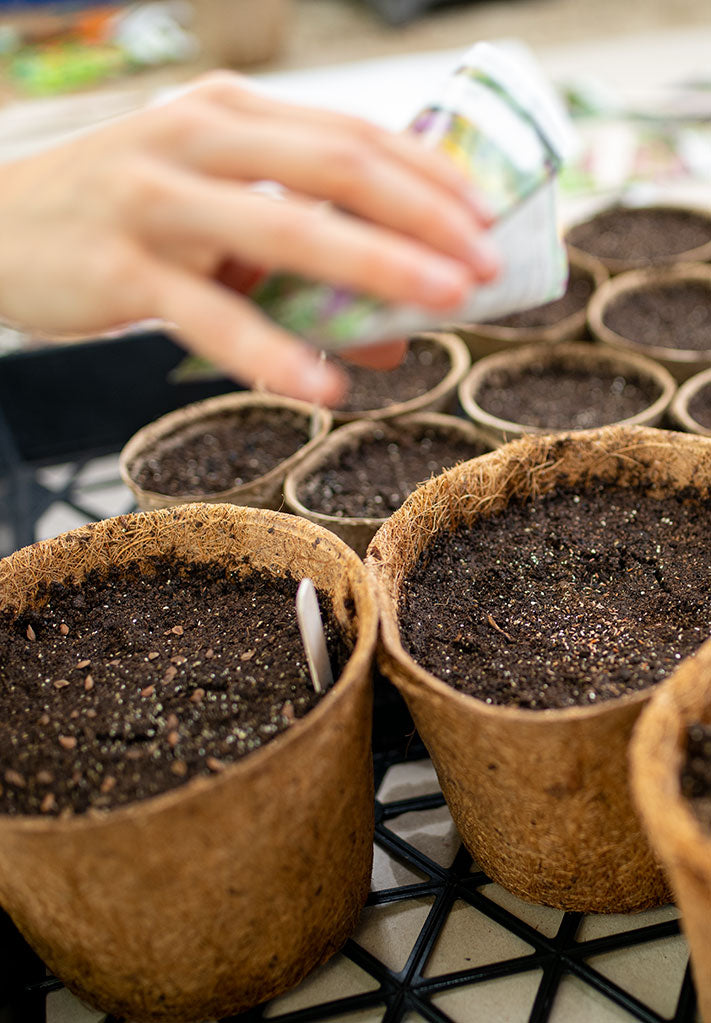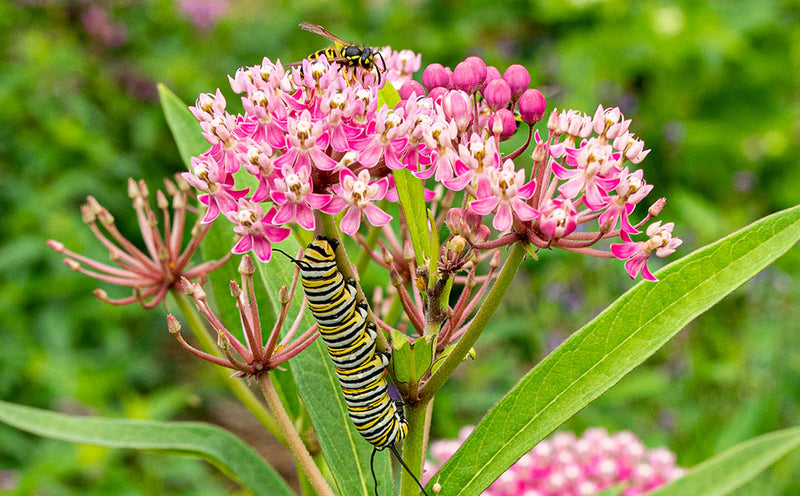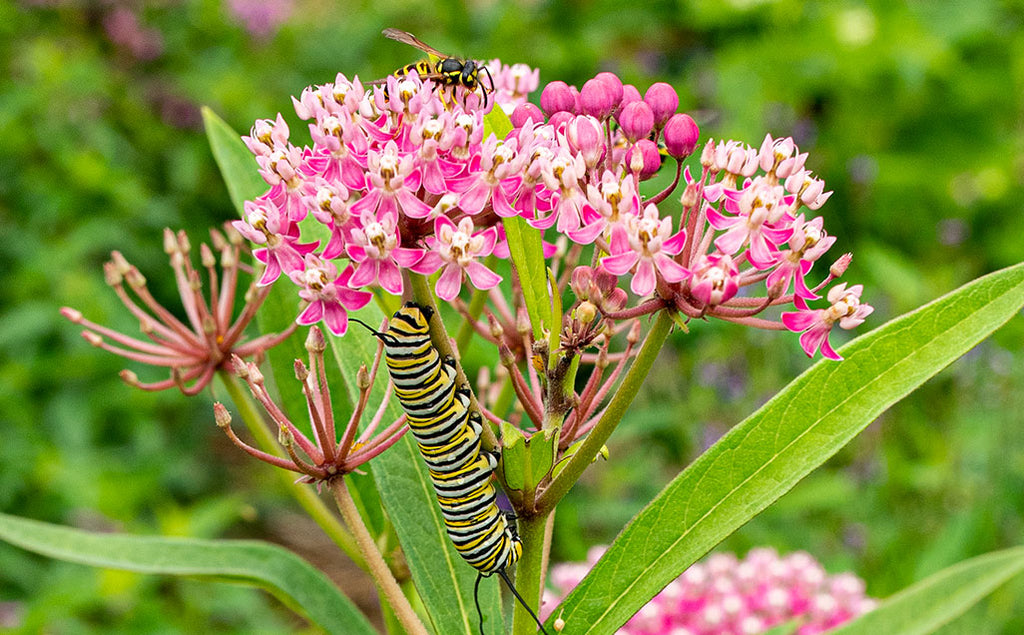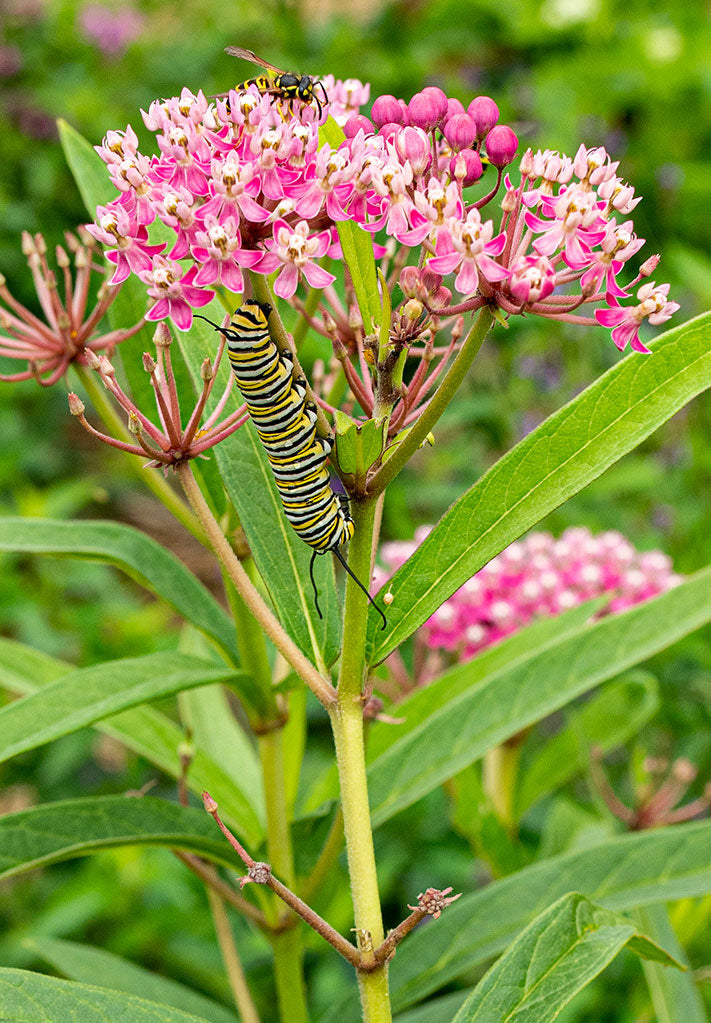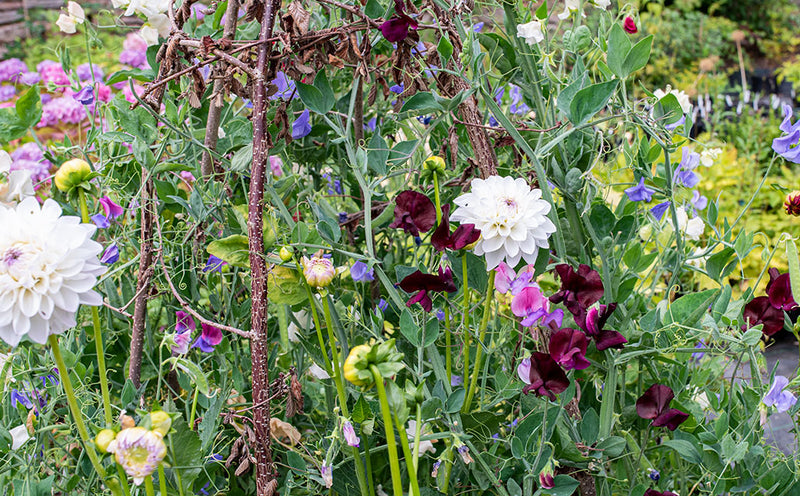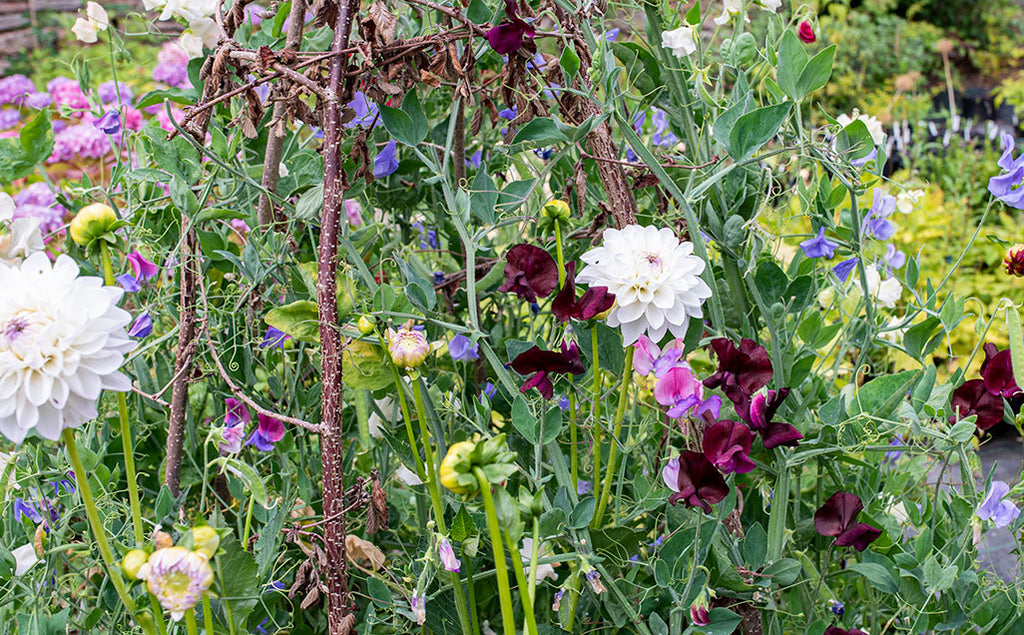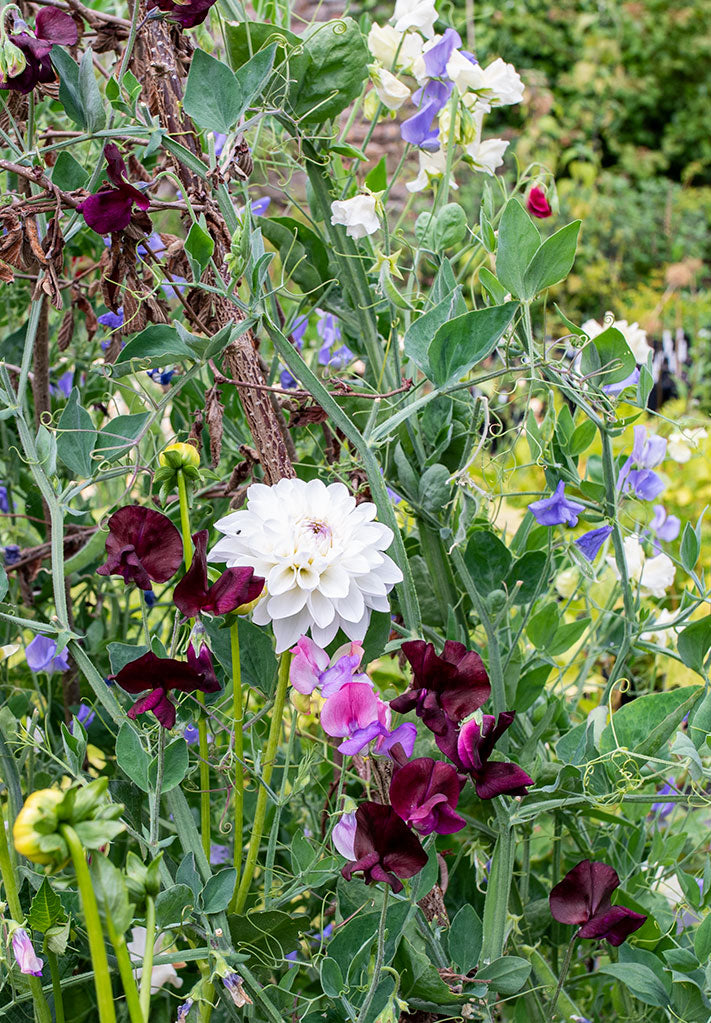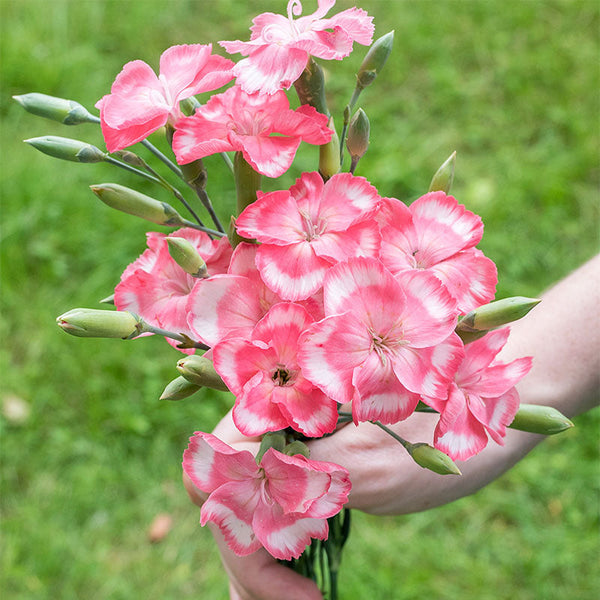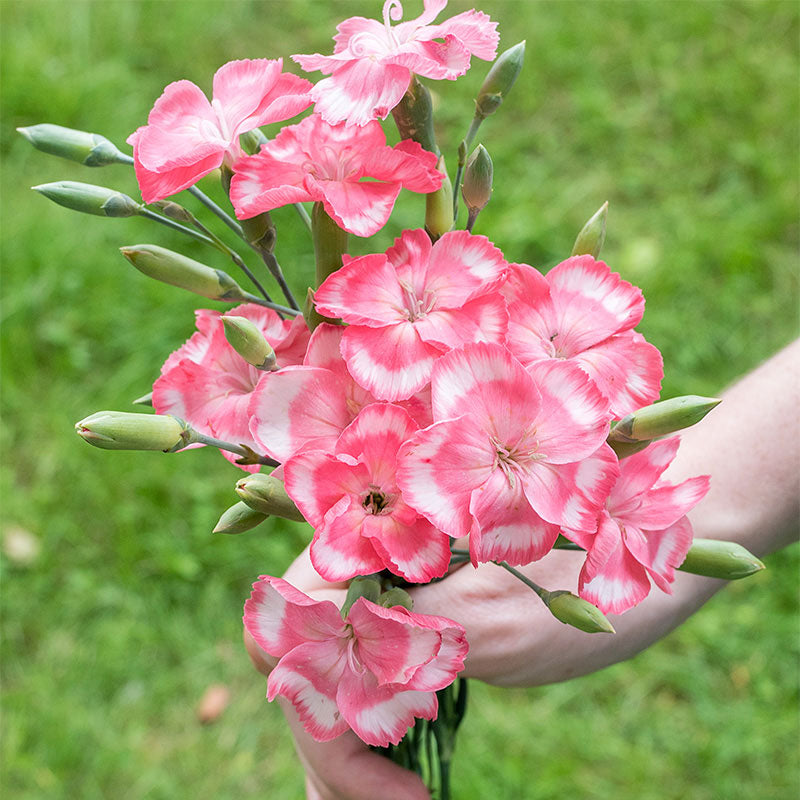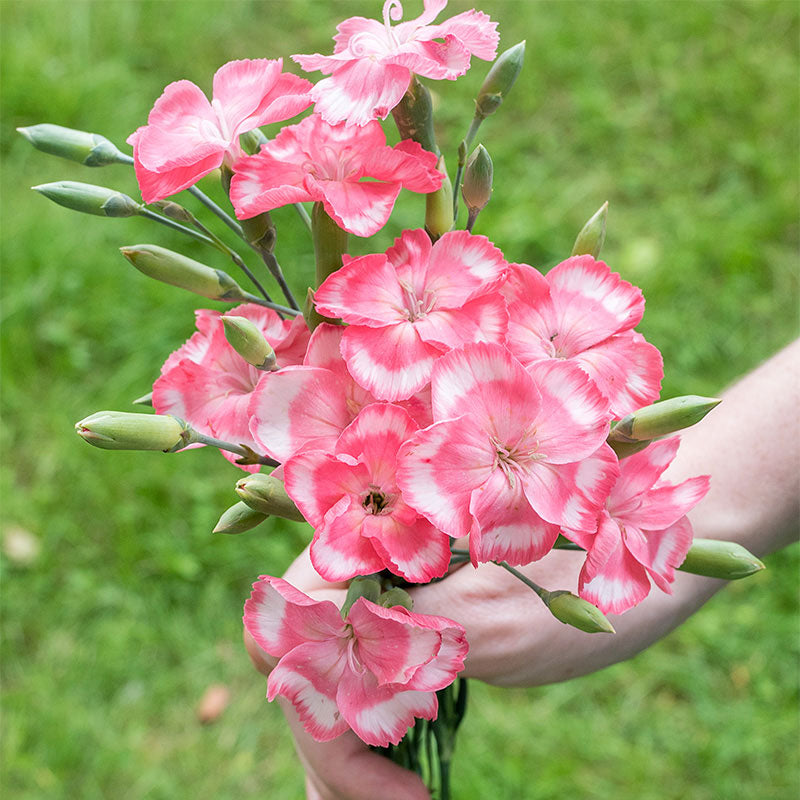WHEN TO SET OUTSIDE
A late spring to early summer bloomer, this plant can be set in the ground in spring when there is still the possibility for a light frost, up until early summer. It can also be planted in early autumn.
PLACEMENT & CULTIVATION
Pink's vintage blooms are fragrant with the spicy scent of cloves and bring us back to a time when fragrance, above all else, was treasured. Best crowding border edges and well-drained rock gardens, where it attracts butterflies and bees. If mulching to suppress weeds, use a layer of fine gravel. Deadhead regularly or shear after bloom in summer. Prune any winter-killed stems as growth resumes in spring and divide every two-three years to renew vigor—in early spring for zones 3-6 or fall in zones 7-9.
Watering Details:
Water regularly during first growing season, about 1" per week, watering mornings only. Once established water during especially prolonged dry periods. Avoid overwatering and saturated soils.
Soil pH:
Tolerates most soil pH levels, but neutral to alkaline is preferred. If soil is acidic, apply a handful of lime when planting.
Fertilizer:
Apply a low-nitrogen granular, organic fertilizer or 2" of compost in springtime.
Diseases & Pests:
Leaf spots can mar the leaves of Dianthus. Space well apart for good air circulation and apply organic fungicides if disease is present.
When to Cut for Bouquets:
Harvest when two flowers are open on the spray.
